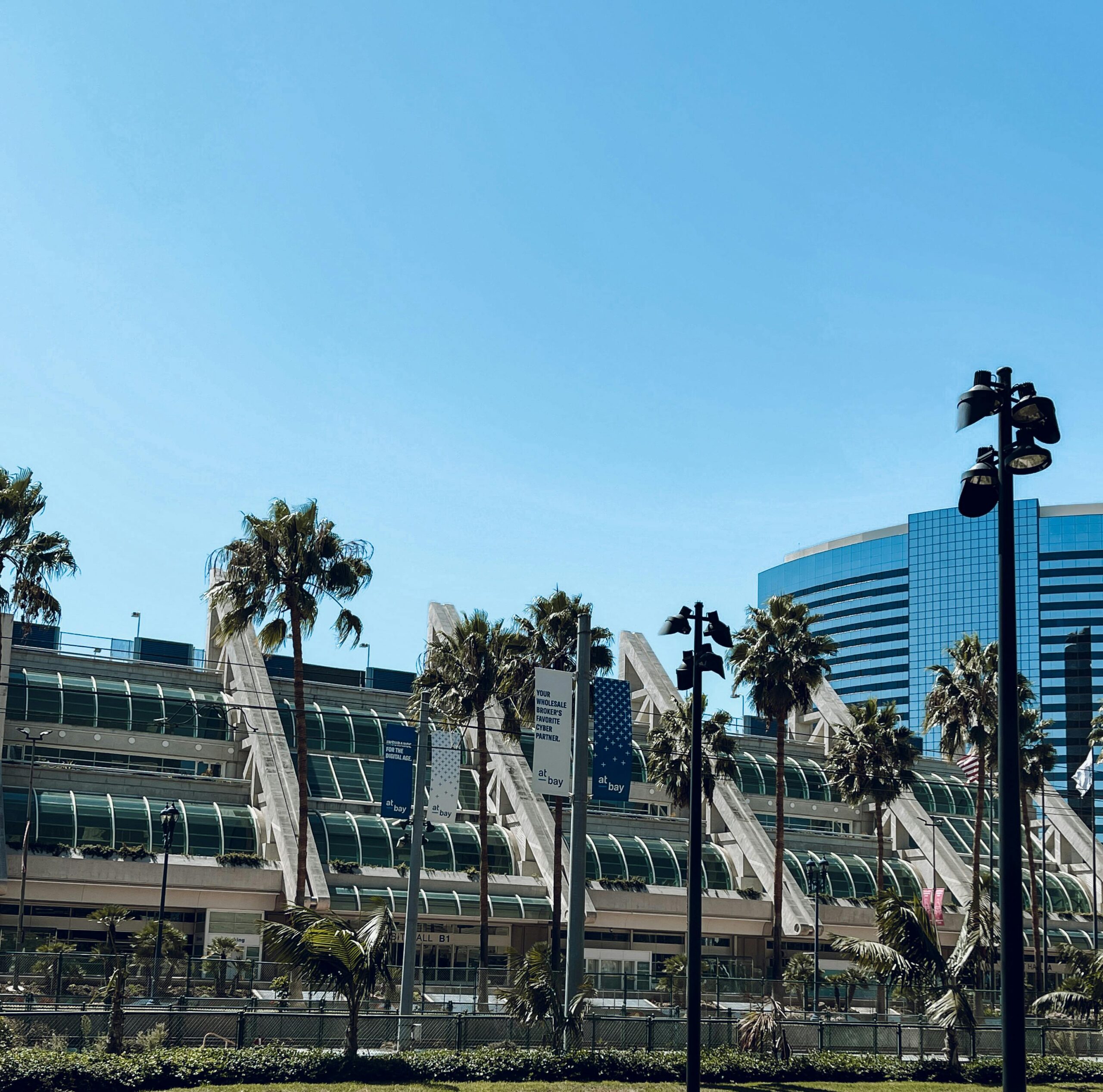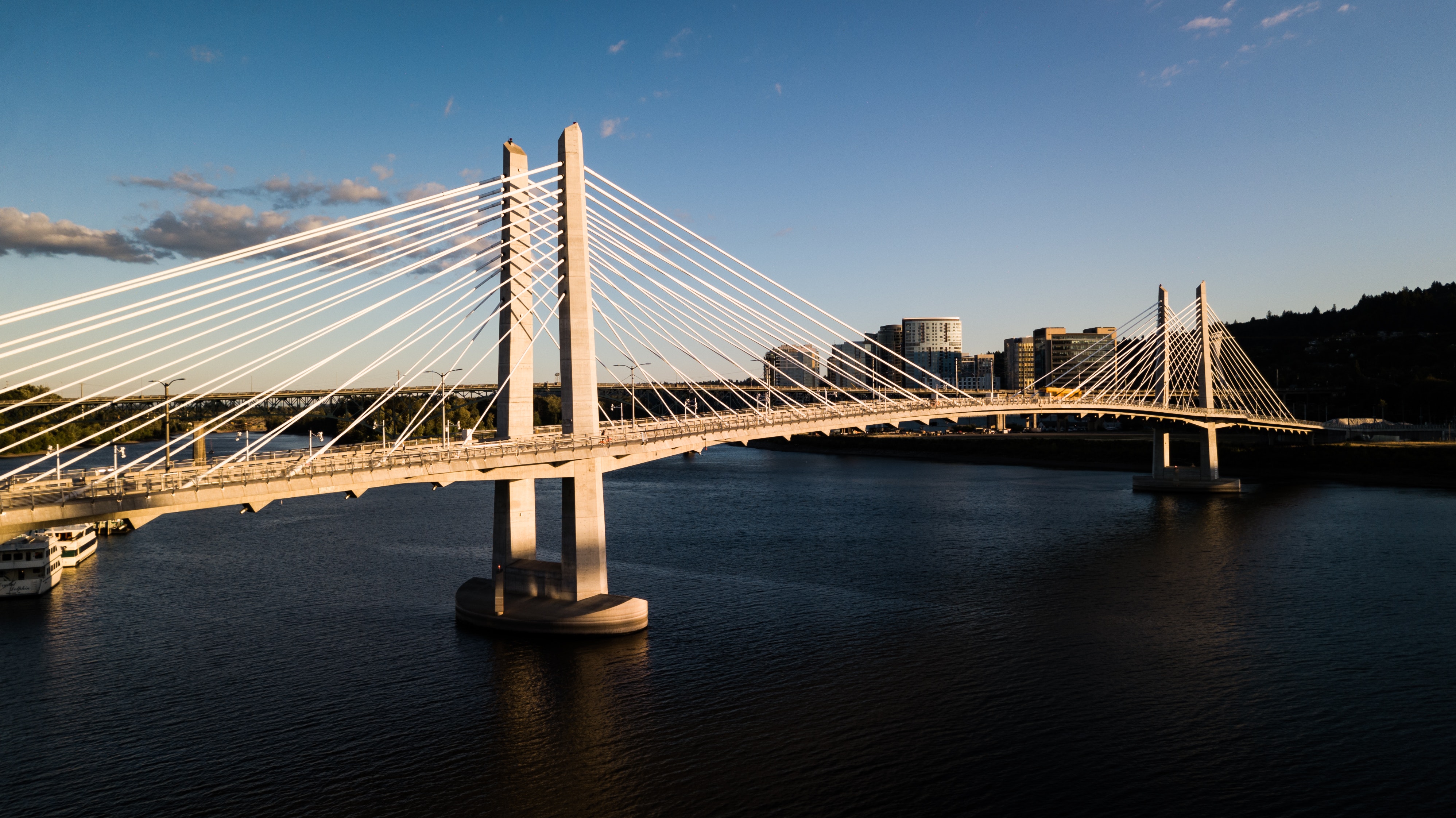Continuing with our previous blog post regarding the impact of AI on various fields, room design will no longer be tied to only aesthetics. Room design will be about functionality, adaptability, and intelligence. Patents related to room designs will be directed to much more than room layouts.
AI enables room layouts to adapt in real time based on occupant preferences. Smart furniture and lighting systems adjust to create the perfect ambiance, whether for work, relaxation, or entertainment. Personalized AI-driven algorithms may ensure that no two users experience the space in the same way. This may be popular in restaurants, hotels, stadiums, vacation rentals, and luxury travel.
Rooms may be further adapted to be more dynamic. AI can analyze movement patterns and automatically reconfigure a space for maximum efficiency. Modular walls, transformable furniture, and robotic assistants help convert a living room into an office or a bedroom into a gym within seconds. This will allow people to perform a greater number of tasks with a much smaller footprint.
AI-driven climate control systems may optimize heating, cooling, and lighting based on real-time weather conditions, occupancy, and user preferences. These systems reduce energy waste, lower costs, and contribute to eco-friendly living by integrating with renewable energy sources.
AI-powered security systems use facial recognition, behavioral analytics, and smart locks to protect homes and offices. These systems can differentiate between residents, guests, and potential intruders, offering a seamless balance between security and accessibility. The sensors and cameras used in the security system may also be adapted for robotics. Thus, while challenges may be present for a robot to navigate a traditional home, smart homes may be built that aid in guiding robots to perform various tasks, thereby accelerating robotics adoption and functionality within homes.
The next frontier of AI room design may include environments that respond to brain activity. AI can detect stress levels, fatigue, or focus states and adjust lighting, temperature, and even background noise to enhance well-being and productivity. These may be monitored via wearables or sensors and cameras monitoring home occupants.
As AI-powered room designs become more prevalent, patent law plays a crucial role in protecting innovations. Companies and designers are filing patents for everything from AI-driven room reconfiguration algorithms to biometric-based security integrations. The legal landscape is evolving to accommodate these innovations and the professionals at McCoy Russell are here to help navigate these new frontiers.











Recent Comments